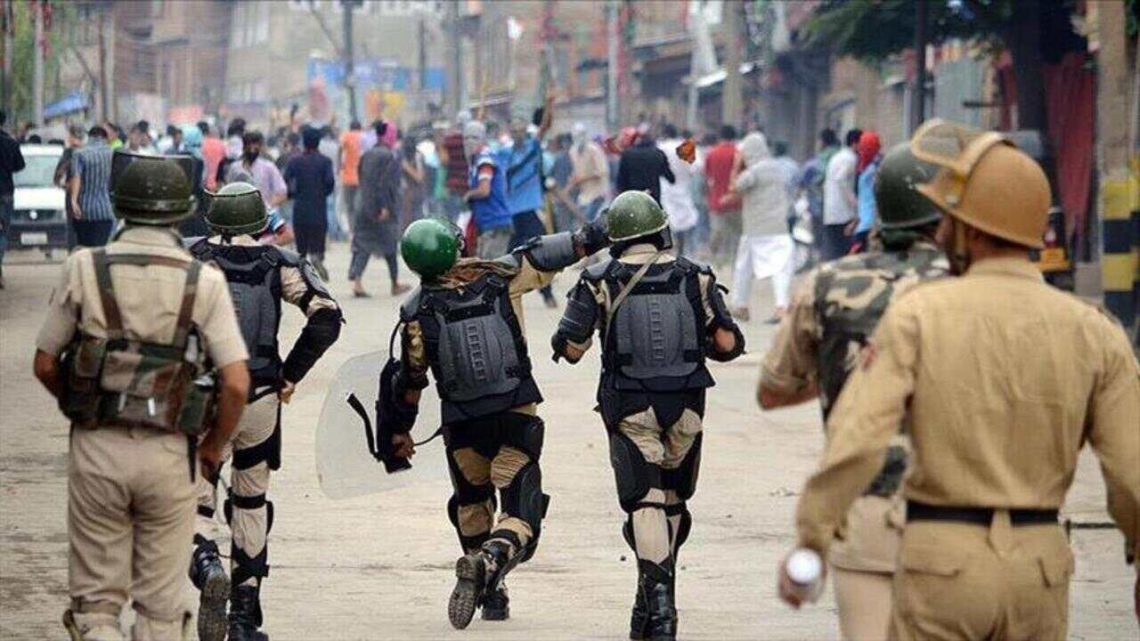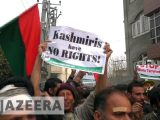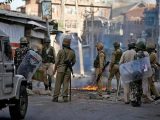
India’s Suppression Tactics at Peak in IIOJ&K
November 29, 2023The political landscape in Indian illegally Occupied Jammu and Kashmir has been marked by heightened concerns as experts and analysts in Srinagar decry India’s increasingly brutal methods to quash the freedom sentiments of the region since August 5, 2019. According to reports, the recent arrest of seven students from Kashmir University of Agricultural Sciences and Technology in Ganderbal has sparked outrage among political observers.
The students were detained under the draconian Unlawful Activities (Prevention) Act (UAPA), a move widely criticized by experts who argue that celebrating Australia’s victory over India in the Cricket World Cup final should not be a criminal offense. The analysts contend that such arrests exemplify the ruthless mindset of the Modi regime towards the Kashmiri youth.
The condemnation is not limited to local voices; even political figures like Mehbooba Mufti, the President of People Democratic Party, expressed disconcertment over the criminalization of cheering for a winning team in Kashmir. Senior leader of Communist Party of India-Marxist (CPI-M), M Y Tarigami, labeled the police action as deplorable, emphasizing that the students’ act of celebration should be viewed as a simple, recreational activity rather than a political statement. He criticized the recurring misuse of the UAPA, highlighting the unprecedented curbs on freedom of expression.
The central argument put forth by political experts and analysts is that India’s attempt to suppress the freedom sentiments of Kashmiris through such heavy-handed tactics is bound to fail. They stress that the hearts and minds of the Kashmiri people cannot be changed by resorting to brutality, and the arrest of students for supporting teams playing against India will only exacerbate anti-India sentiments.
Furthermore, the experts argue that the freedom struggle of Kashmiris cannot be stifled by imprisoning innocent individuals under frivolous charges. The sentiment is clear – the Modi regime’s strategy will not succeed in subduing the deep-rooted desire for freedom among the people of occupied Kashmir.
A notable aspect highlighted by observers is the historical context of Kashmiris cheering for the opposing side in cricket matches involving India. This act, seen as a manifestation of deep-rooted alienation from the Indian state, has led to expulsions of Kashmiri students from Indian universities in the past for rejoicing in the defeats of the Indian cricket team.
To conclude, the recent arrests and criminalization of seemingly innocuous celebrations in Kashmir have triggered concerns both locally and nationally. The move is perceived as a reflection of the government’s increasing authoritarianism and its attempts to suppress dissent in the region. The resilience of the Kashmiri people’s freedom sentiment remains a focal point, with experts asserting that no amount of brutality can change their unwavering desire for self-determination.

